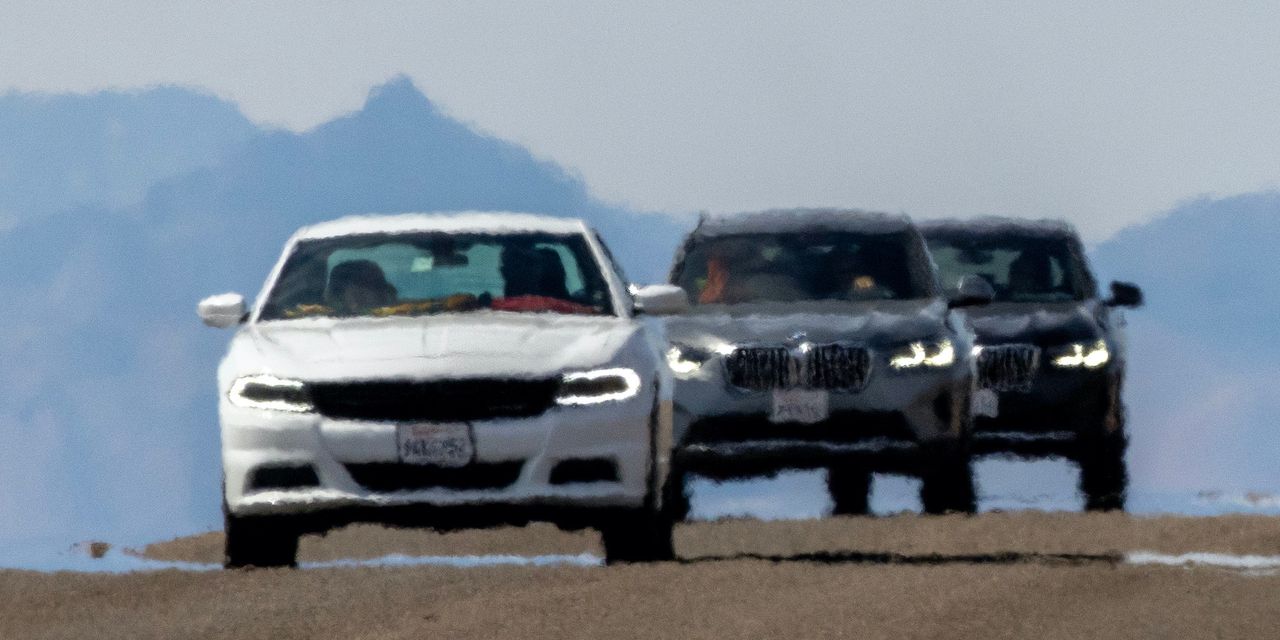Heat waves have gripped much of the Earth this summer as an El Niño climate pattern helps trigger heat domes on several continents. According to the National Weather Service, Phoenix has broken records with at least 27 consecutive days of air temperatures over 110 degrees Fahrenheit.
People living under extreme heat conditions probably don’t need another thing to worry about. But we have one for them anyway. Extreme heat can reduce the range of some electric vehicles by nearly a third, according to a new study.
The data comes from Recurrent, a company that tracks EV battery life and uses machine learning to help owners care for their car’s batteries.
Related: Already roasting in extreme heat? 2024 could be even hotter, NASA scientists warn.
The company “analyzed battery readings from 7,500 vehicles to answer the summer range question and underlying concerns.” Recurrent didn’t break out results by model or brand. But the company says that “compared to the maximum range,” an EV can lose about 2.8% of its range at 80 degrees, 5% at 90 degrees, and as much as 31% at 100 degrees.
See: Tips for boosting electric vehicle range, especially in hot weather
Recurrent notes that “range loss at 100 degrees is based on extremely limited data” and promises to update the number when they have “more confidence in the value.” They are, presumably, gathering more data by the day.
One note of good news in the data, though: Recurrent says that turning on the air conditioning robs an EV of very little range.
Read: The 6 things that drain an electric vehicle’s battery the most
Some EVs lose significantly more range to heating in winter, the company says, but “the difference between ideal cabin temperature and outside temperature is usually smaller in the summer than in the winter.” The company says cooling the cabin by 20 degrees uses less energy than warming it by 50.
This story originally ran on KBB.com.
Read the full article here





